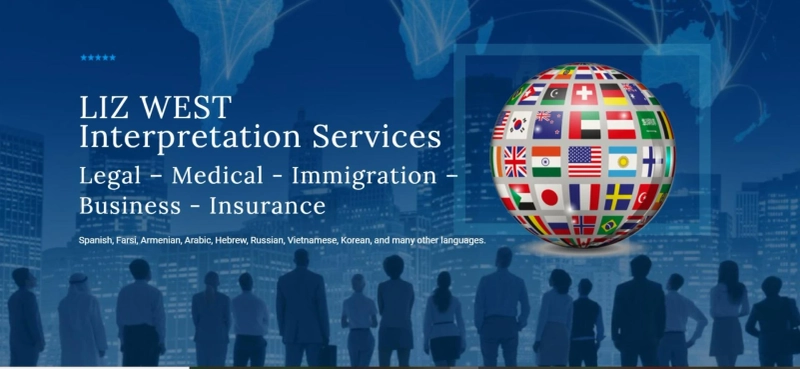If you want to skyrocket your business, you need to look forward to maintaining your global presence. Global success only comes to those who communicate with clients internationally. If you want your content to resonate in any specific region, you may need to get it translated into the specific region\'s native language. And this is where you would need the help of one of the professional translation and interpreting services.
Read on to know more about the difference between global translation and interpreting services.
Translation vs. Interpretation: Key Difference
A translator translates the written form of the source language to the target language. However, an interpreter translates the verbal form of the source language to the target language. However, both global translator and interpreter need deep linguistic and cultural understanding, thorough knowledge of the concerned subject matter, and the ability to perform clear communication.
The terms translation and interpretation are often wrongly cited. However, understanding the difference between these two closely related fields will help you choose your needed linguistic service without any trouble.
Translation
Translation involves converting the content related to the source language into the content needed in the target language. The translator needs to go through each section thoroughly to ensure that the translated content retains the original style, form, and meaning of the source content. It takes a great deal of time to carry on the processes related to translation. The translated content is then passed to another linguist for proofreading. After the quality checking phase passes, the document is adjusted according to the original format to ensure the highest possible match. A translator has many options to work with, for instance, video subtitles, multimedia, websites, software, and print media.
Interpretation
Interpretation is a process that needs to be carried out on an immediate basis. A major difference between a global translator and an interpreter is that the translator can deliver the content later; however, the interpreter needs to perform the interpretation live. He needs to interpreter the source language just after the phrase has been spoken up. The verbal phrase is interpreted from the source language and transpose to the target language and deliver to the concerned department. A professional interpreter has a great command over the vocabulary, scripts, and other material used as a reference by the translators.
The interpreters transpose the phrase of the source language to the target language while preserving its actual meaning. An interpreter, unlike a translator, has to rely only on their experiences and quick reflexes, as they are the only resources that can be used if an immediate response is concerned. The interpreters work on live projects like meetings, live coverages, conferences, legal proceedings, sign language, etc.
Translation vs. Interpretation: Which One to opt for?
So, which linguistic service do you need to opt for? Well, you\'ll understand this better with the key distinctions mentioned below. Both the professions need great command over high-in-demand language, the ones that are specifically in demand in medical, legal, and business fields. Both professional translation and interpreting services are bound to a code of ethics. They aim to deliver the meaning accurately and without any partiality.
The below-mentioned aspects will help you understand which linguistic service to opt for:
Format
Interpretation means transposing the verbal source language to the target language in real-time. However, translation is all about translating a text-based content written source language to the target language. It takes considerably more amount of time than interpretation.
Delivery
The interpreted content is delivered on an immediate basis. The process can be carried on the phone, via face-to-face conversation, or through a video. The translated content can be delivered long after receiving the source content. The translator utilizes this time in using technologies and referencing materials to deliver the highest quality translated content.
Accuracy
Interpretation needs a comparatively lower accuracy level than translation. Though the interpreters always aim for perfection, it\'s seriously challenging to get the 100% accuracy levels while delivering the transition. However, translators can deliver a higher level of accuracy than interpreters. While they have a lot of time to translate, edit, rewrite, and proofread the content, they are always expected for higher accuracy in the translated text.
Final Thoughts
So, this was all about the global translation and interpreting services. Depending upon your requirements and the above-discussed factors, you may choose a translator or interpreter.


